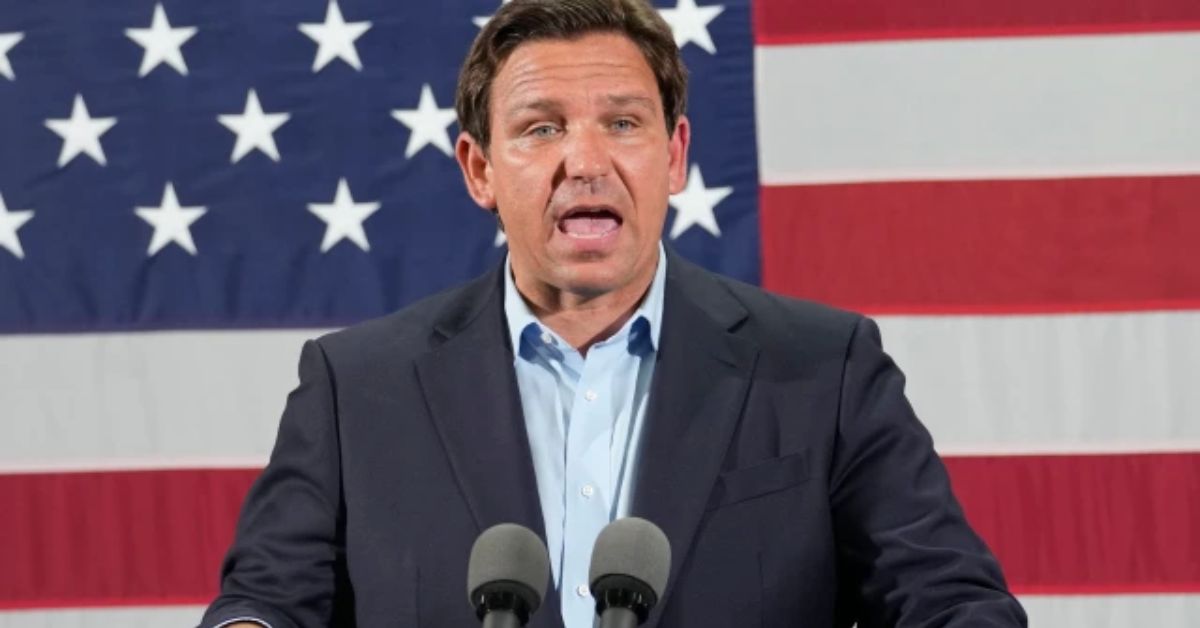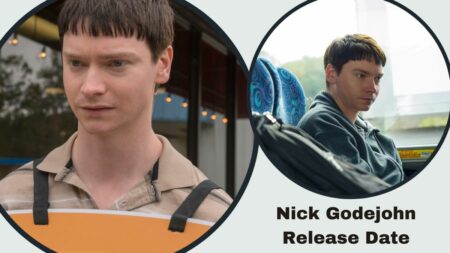Ron DeSantis, the governor of Florida and a possible Republican candidate for president, says he wants to make a “core curriculum” a requirement in public universities so that young Floridians can learn about Western culture. This idea is political kryptonite for the people in charge of higher education in the United States.
Proponents of the core curriculum say that every student should leave college with a core of human knowledge. This does not mean that every student should know everything about Shakespeare and Dante, but they should know something about the best books and ideas in human history.
But college professors haven’t been able to agree on what should be in a core curriculum. Instead of making students take a certain course, most universities have “distribution requirements” that make them take a STEM course here and an arts course there so that they can learn about more than just their major.
No one has to study any one subject or even take a required course at schools where the rules aren’t as strict. So, students can finish college at Amherst, Brown, Johns Hopkins, or UCLA without ever taking a science, history, or foreign language class. Supporters of core learning say that those schools, as well as most American universities, don’t do what they need to do to decide what students should learn.
Roosevelt Montás, a senior lecturer in American studies and English at Columbia University, said, “I think that there are some things that everybody ought to know,” “It’s an idea that academia has largely walked away from, but without, I think, a very good reason.” From 2008 to 2018, Montás oversaw the core curriculum at Columbia, which was started in 1919. It is one of the few programs that still require all undergraduates to take a series of courses from different fields.
A few other institutions also keep old core curriculums that were made before computers. Undergraduates at the University of Chicago have to complete a large core curriculum by picking courses from a menu. The famous “great books” school St. John’s College has campuses in Annapolis, Md., and Santa Fe, N.M., where they teach a four-year sequence of important texts.
All of these places regularly look at and change their core programs to make them more varied and in-depth.
“We’ve added Simone de Beauvoir. We’ve added Baldwin. We’ve added Toni Morrison. These are all lengthy debates,” said Mark Roosevelt, president of St. John’s in Santa Fe. “It’s sort of like amending the U.S. Constitution. It should be hard.”
But to create a new core curriculum from scratch? “It would be incredibly difficult to craft a core curriculum today, and I don’t know anybody who’s trying to do it,” Roosevelt said.
Before, professors taught from a list of dead, mostly white, mostly male Western scholars. The rise of the modern research university at the end of the 1800s led to a shift away from general education and toward academic specialization and majors. After 1900, a large number of immigrants led to a resurgence of “core” programs that focused on Western intellectual thought. This went on for decades.
During the civil rights era, critics said that core courses didn’t pay enough attention to women, African Americans, and anything else that wasn’t part of the white, European American tradition. Colleges abandoned core curricula en masse.
In the modern world, most students go from high school, where most of the classes are required, to college, where they can pretty much study whatever they want. Leaders in academia say that it’s not their job to give students a list of must-read books, but to teach them how to think, solve problems, and interact with the world.
Long a part of core curriculums, the “great books” are now so associated with white, male, Euro-centric culture that the terms “great books” and “core curriculum” are becoming less popular. Kyra Hamill, who is in charge of the core curriculum at Boston University, said, “I try not to use the words ‘great books.'”
The core at BU is not required, and the readings cover a lot more than just Euro-American culture. The Way, an overview of Aristotle, Confucius, Laozi, Virgil, and ancient texts from India and Persia are some of the courses offered. Hamill said that the theme was “thinking about the best way to live.”
The Columbia scholar Montás, who grew up in the Dominican Republic and Queens, argues against the idea that a “great books” course is just a way to teach Western values. “There’s nothing wrong with being dead and white,” he said. “That’s not a reason to include or leave someone out. And if we want an education that takes the past seriously, we’ll have to study a group of intellectual content creators who aren’t representative of our intellectual diversity today.”

In one core curriculum course at the University of Chicago, students move from Homer’s Odyssey to Harriet Jacobs’ Incidents in the Life of a Slave Girl. The Pillow Book is an old Japanese book that another group reads along with Saint Augustine’s Confessions.
“There’s a pretty big geographic range,” said Eric Slauter, deputy dean of the university’s humanities division. “There’s a pretty big chronological range.” The American Council of Trustees and Alumni, a non-profit group that wants colleges to have a bigger say in what courses students take, supports the core curriculum.
The group grades colleges based on whether they require students to study science, math, economics, U.S. government or history, a foreign language, literature, and composition. Both the University of Chicago and the University of Columbia get Bs. A+ for St. John’s. Fs go to Amherst, Brown, Harvard, Hopkins, and UCLA.
Michael Poliakoff, president of the trustees and alumni group, said, “A core curriculum is the most reasonable safety net we have to make sure that students get a strong education at the beginning.” There’s something really wonderful and magical about faculty who ask, ‘What is really important?’ and then act on their answers.
Poliakoff’s group tends to be conservative, which is unusual in higher education. It was started in part to counteract the liberal bias in academia. Fewer than two dozen schools got an A on its scale, including the U.S. Air Force and Military academies, the University of Georgia, a few Christian colleges, and St. John’s, which was already mentioned.
The new push for a core curriculum in Florida is part of a larger effort by the state’s conservative governor to get rid of what he sees as liberal bias in the education systems of the state. “In Florida, we will build off of our higher education reforms by aligning core curriculum to the values of liberty and the Western tradition,” DeSantis said during a press conference Tuesday.
The information from the governor’s office was vague, but both The New York Times and the Chronicle of Higher Education said that DeSantis plans to require courses in Western civilization at Florida’s public universities. Leaders in academia say that a state government shouldn’t tell a university how to teach.
“I don’t think that the site of curricular decision is the state legislature,” Montás said. “I think the site is the faculty of the school.” No matter what happens with the governor of Florida’s plan, the core curriculum may be getting a small boost.
Core programs that are large and required, like the ones at Columbia and the University of Chicago, are still not common. But Montás says that in the past few years, there has been a “mini-Renaissance” of putting “core texts, foundational texts, into the curriculum.” It’s not an explosion, but it’s growing steadily and a lot.”
A nonprofit group called the Association for Core Texts and Courses keeps track of the “great books” programs at a number of colleges. Most can be skipped. Some schools require that all students read and understand a “core text” at some point in their education.
Stanford University just started a new program for all first-year students called Civic, Liberal, and Global Education. This is a core curriculum in all but name. In a recent opinion piece called “Enough with the Culture Wars,” the program’s director called the effort “an attempt to revive liberal education for the 21st century.”
Please enjoy our article if you do. Do you have any insight to share with us? If so, please do so in the comments area below. You can find more such news at Journalistpr.com. which you should bookmark as well.




